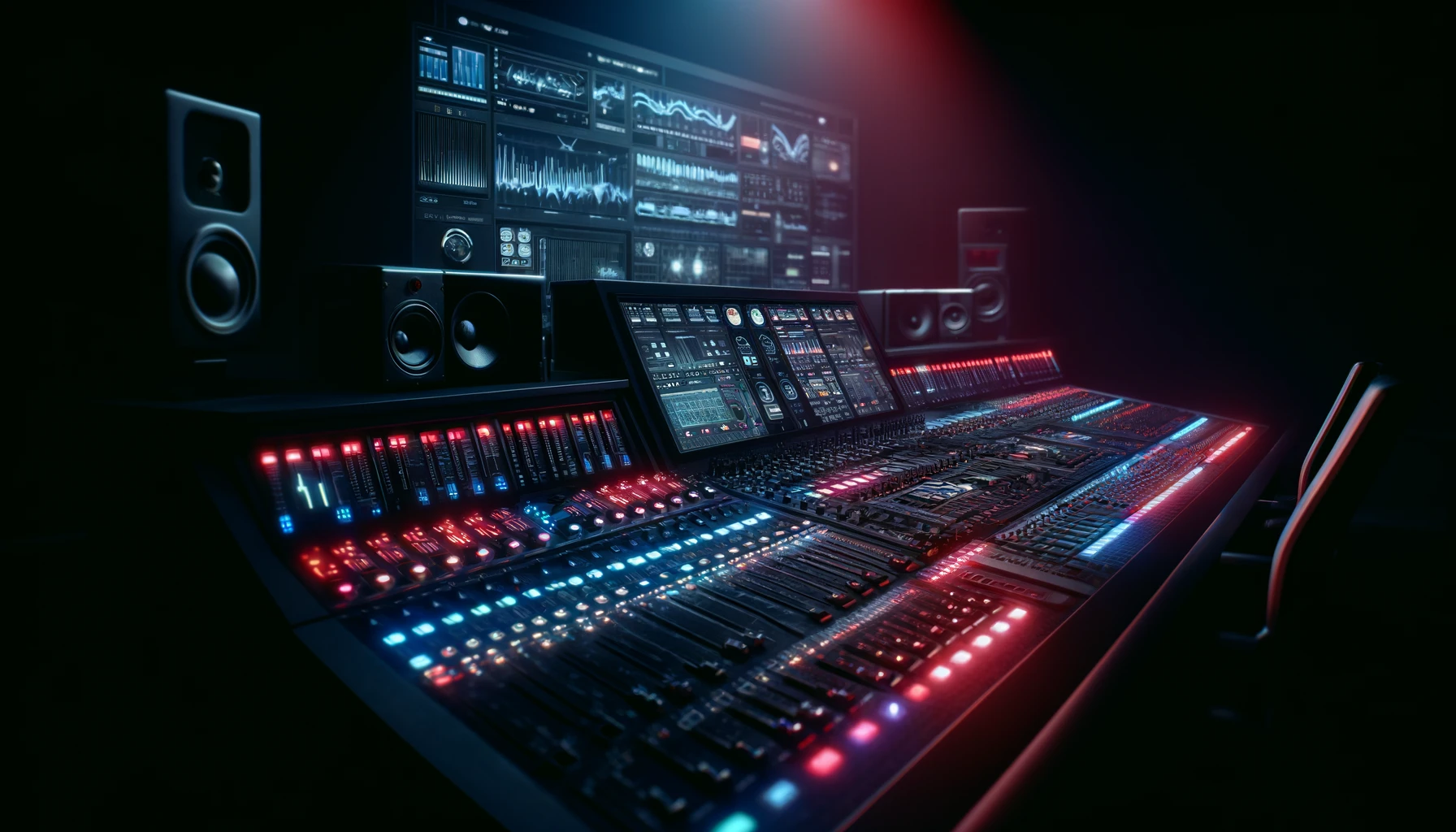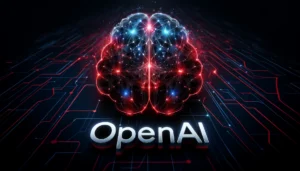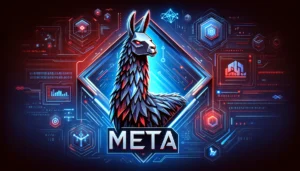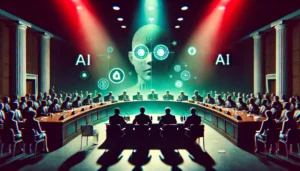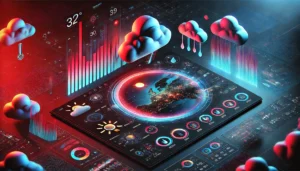200+ artists, including Billie Eilish, Nicki Minaj, Pearl Jam, R.E.M, Chase & Status, and Jon Bon Jovi, have called for a halt to AI’s rising influence over the music industry.
The Artist Rights Alliance published the letter, directly targeting AI developers, technology companies, and digital streaming platforms.
In addition to warning about AI’s impact on musical creativity, the letter discusses the erosion of performers’ rights: “This assault on human creativity must be stopped. We must protect against the predatory use of Al to steal professional artists’ voices and likenesses, violate creators’ rights, and destroy the music ecosystem.”
It also accuses some of the most powerful tech entities of employing AI to train models on artists’ work without consent, aiming to replace human-created art with AI-generated “sounds.”

The letter closes with a call to action, urging stakeholders in the AI and music sectors to pledge against developing or deploying AI music-generation technologies that could replace human artistry or deny fair compensation to creators.
“We call on all Al developers, technology companies, platforms and digital music services to pledge that they will not develop or deploy Al music-generation technology, content or tools that undermine or replace the human artistry of songwriters and artists or deny us fair compensation for our work.”
Musicians take aim at generative AI
So, what exactly is this letter taking aim at?
Firstly, platforms like TikTok are rolling out AI music creation tools that save them from paying artists through labels such as Universal Music Group (UMG), which pulled its catalog from the site and accused TikTok of undermining artists.
Google has also allegedly developed a yet-to-be-released text-to-audio model trained on a vast collection of music, including tracks from major labels, without seeking permission from the copyright holders.
Lyor Cohen, Google and YouTube’s global head of music, said, “Demis [Hassabis, CEO of Google Deepmind] and his team presented a research project around genAI and music, and my head came off of my shoulders. I walked around London for two days excited about the possibilities, thinking about all the issues and recognizing that genAI in music is here — it’s not around the corner.”
Then, there are existing AI music platforms, such as Suno, which can generate incredibly high-quality audio from text prompts.
Limewire also recently released an AI music platform, complete with built-in publishing and monetization features.
Ed Newton-Rex, who left Stability’s audio team and founded the ethical generative AI non-profit Fairly Trained, launched a series of tests that seemingly exposed Suno for producing near copies of famous melodies and lyrics, including Eminem tracks and Queen’s “Bohemian Rhapsody.”
Newton-Rex writes in Music Business Worldwide, “I, and others, have found that Suno regularly outputs music that closely resembles copyrighted material. This is true across musical style, melodies, chord sequences, instrumental parts and lyrics. In this post, I will share some examples, and evaluate what they mean.”
This involved prompts like:
“For this song, I used Suno’s secondary song creation mode, in which you can enter custom lyrics. Here, I copy-pasted the lyrics of Dancing Queen. So you can ignore the lyrics, and just pay attention to the style.
Style: 70s pop
Title: prancing queen
Lyrics: [entire Dancing Queen lyrics]
Result:”
Newton-Rex’s AI-generated Bohemian Rhapsody might be the most uncannily similar to the original:
The fallout
Generative AI has now moved from text to richer, more complex media formats like audio and video. This comes with new risks.
While text is probably the plentiful source of data on the planet, melodies and lyrics are quite easy to attribute to the original artists, and music-related copyright lawsuits tend to be more aggressive and clear-cut.
Will musicians join writers and visual artists in launching a series of vicious lawsuits against companies like Suno?
Will people try to market questionably authentic AI-generated music through popular streaming platforms like Spotify?
If AI companies get the wrong side of industry giants like Disney and Universal or catch bad press from artists like Taylor Swift, all hell could break loose.
It’s probably not a matter of if, but when.

